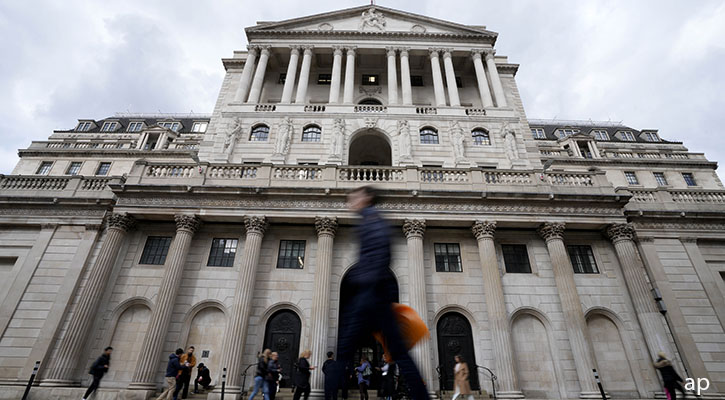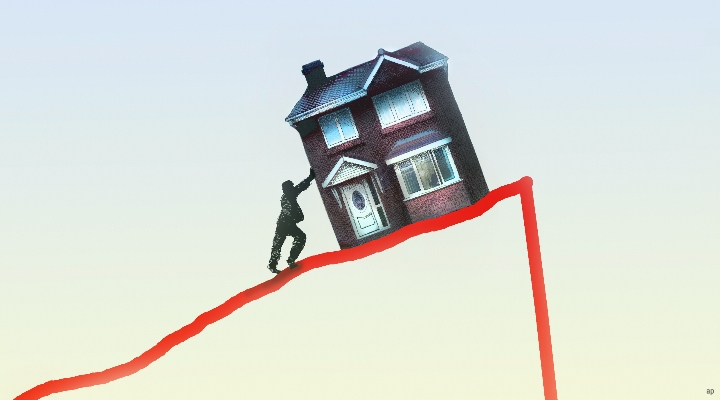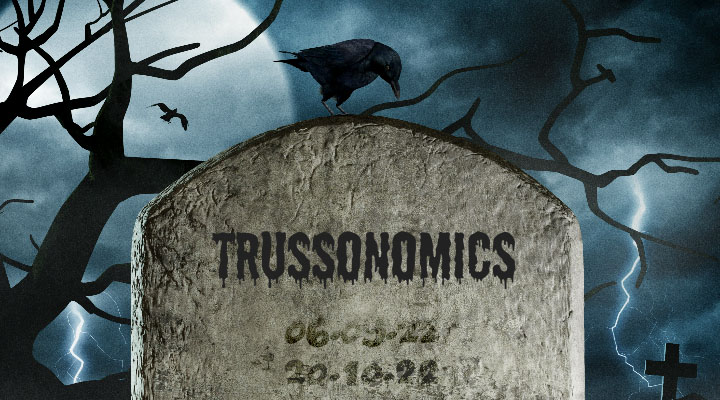
UK economic growth declined at a slower pace than expected quarter on quarter in the three months to September, figures on Friday showed.
Though the GDP decline of 0.2% from the Office for National Statistics was not as bad as feared, it may suggest the UK is already in recession, as the Bank of England predicted. The long-standing definition for a technical recession is two successive quarterly GDP falls.
The BoE has predicted the nation to enter recession in the fourth quarter of 2022.
According to the ONS, UK GDP fell 0.2% quarter-on-quarter in the third quarter of 2022. GDP had increased 0.2% in the second quarter from the first.
The third-quarter figure came in above FXStreet cited consensus of a chunkier 0.5% decline.
Annually, UK GDP rose 2.4% in the third quarter, beating the FXStreet cited forecast of a 2.1% rise, but slowing from the second quarter's 4.4% increase.
The BoE last week predicted a bruising and lengthy UK recession.
The UK economy is expected to remain in recession throughout 2023 and 2024 H1, and GDP is expected to recover only gradually thereafter," the BoE said.
It would be the longest recession since the 1920s.
Trade Deficit Narrows
The ONS also reported UK trade data. The total trade and goods deficit narrowed to £23.7 billion in the third quarter, from £25 billion in the second quarter.
Goods exports rose 2.0% quarter-on-quarter to £162.3 billion, while goods exports amounted to £101.3 billion, up 3.4%.
Services exports increased 3.0% to £94.7 billion, while services imports rose 1.8% to £57.4 billion.
Finally, the ONS said UK industrial output increased on a monthly basis in September.
Output rose 0.2% in September from August.
"The monthly rise in output resulted from strength in three of the four production sectors, with electricity and gas growing by 1.5%, mining and quarrying by 0.7%, and water supply and sewerage by 0.3%, while manufacturing remained flat," the ONS explained.



























